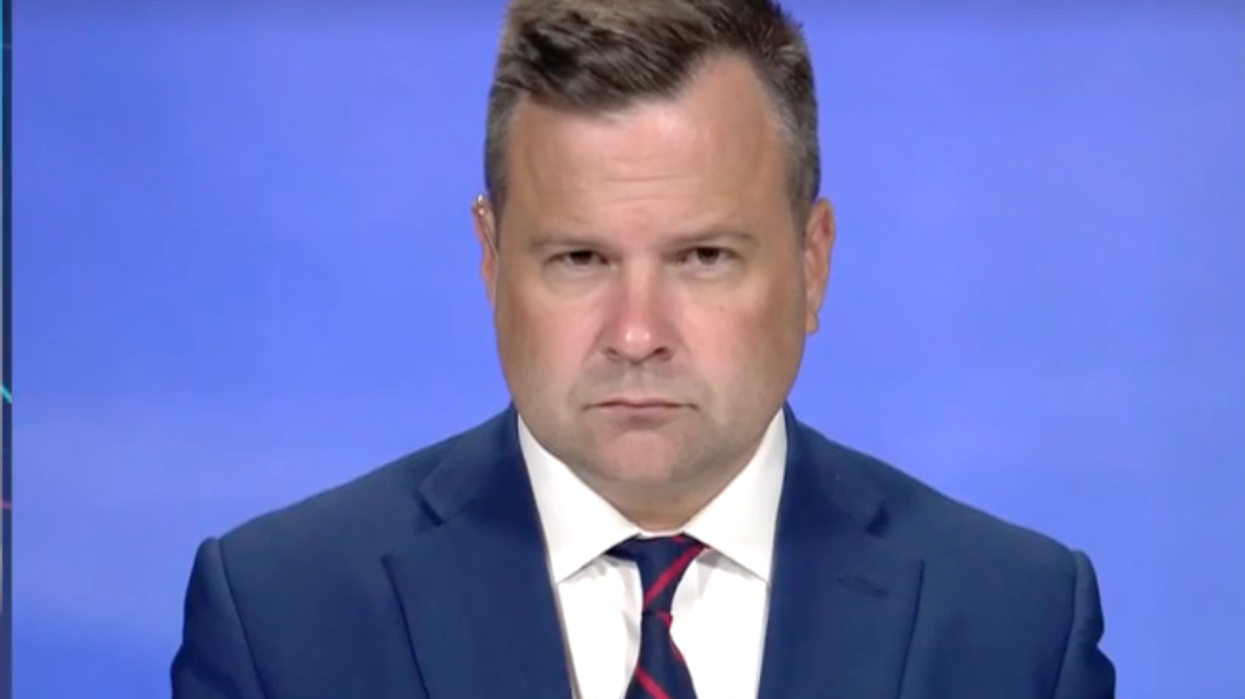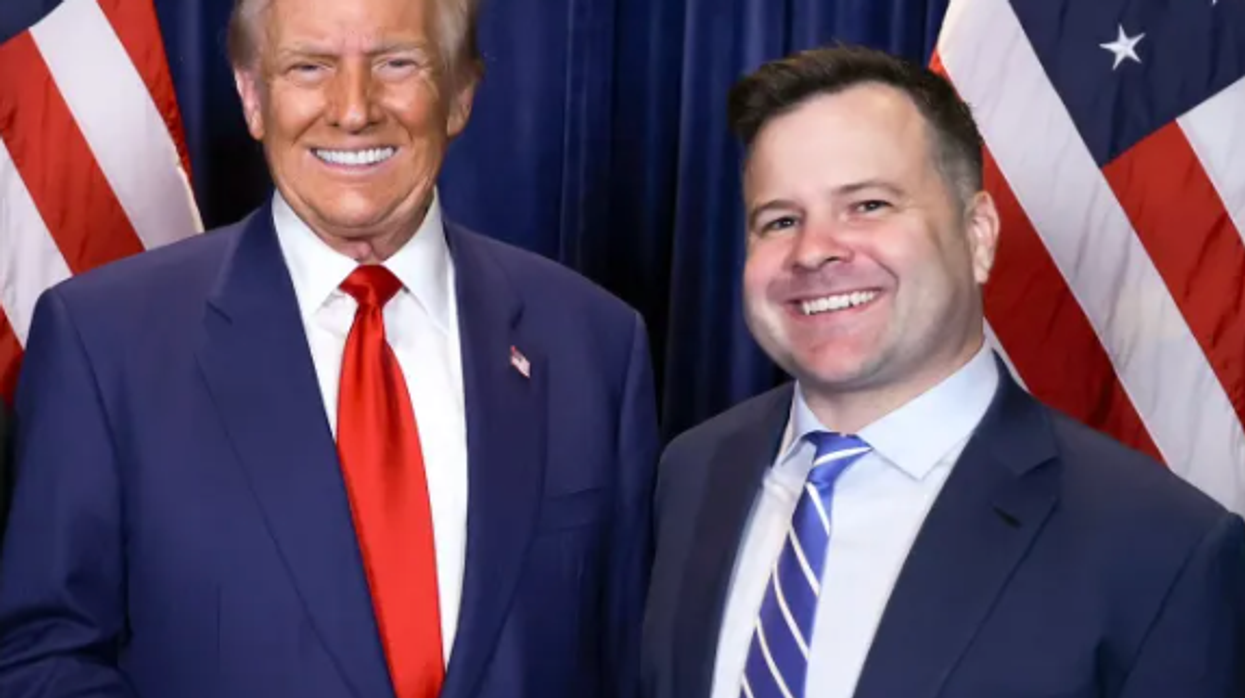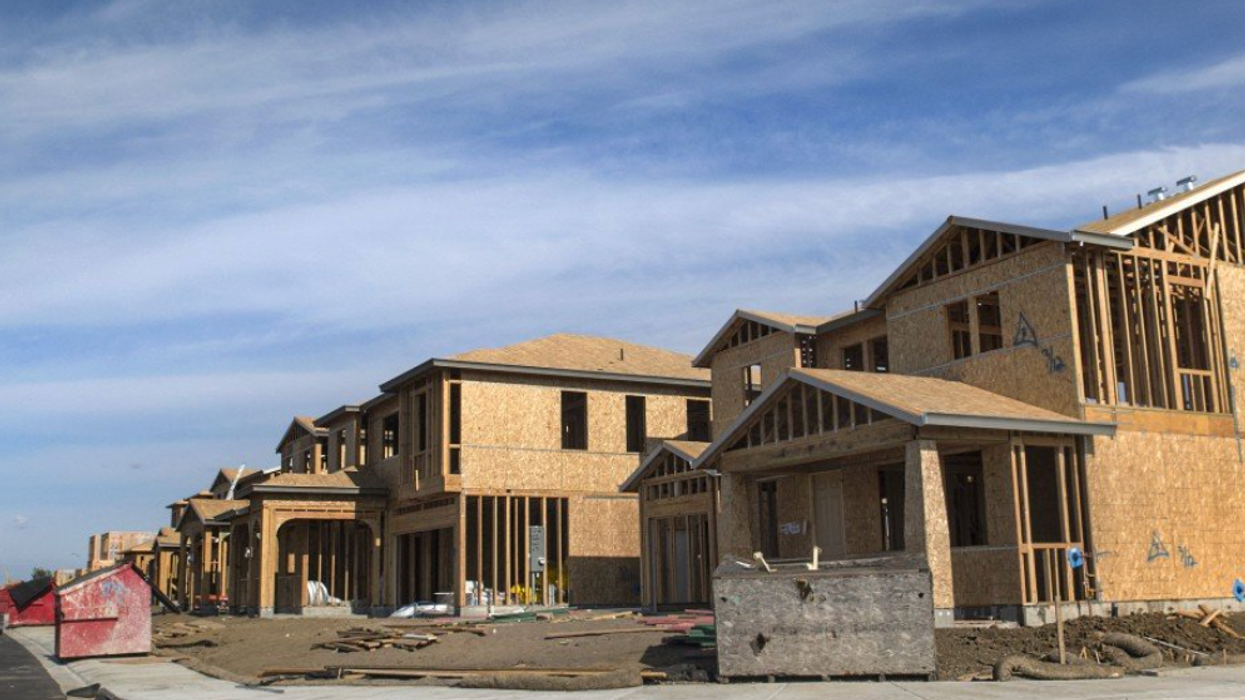The Real Scandal? Bill Pulte's Unethical 'Investigations' Of Trump Opponents
Bill Pulte, the head of Federal Housing Financial Authority, the agency that oversees Fannie Mae and Freddie Mac, has been in the news recently over his allegations that prominent opponents of President Trump had committed mortgage fraud. Most recently Pulte has put Federal Reserve Board Governor Lisa Cook in his crosshairs, claiming that she listed two homes as principal residences on mortgage applications.
Trump immediately used this allegation as a basis for trying to fire Cook, even though the Fed is supposed to be an independent agency, outside of the president’s control. Governor Cook sued Trump over his firing effort and the courts will ultimately decide whether this is within his power.
At this point, it is important to remember that Cook has not even been indicted for anything, much less convicted. We only have an allegation from Mr. Pulte.
It is also worth noting the irony of Trump, who was convicted in a civil trial for putting false information on loan forms, trying to fire someone for listing two homes as principal residences. Among the items that Trump put on his loan form was the claim that his 10,000 square foot condo was actually 32,000 square feet. Perhaps President Trump is offended by the pettiness of Cook’s alleged crime.
While the validity of Pulte’s allegations will have to be determined by the courts, the real scandal is Pulte himself. He is supposed to be running the agency that oversees the processing of tens of millions of mortgages by two huge quasi-public agencies. We are not supposed to be paying him to rifle through mortgage documents to find and disclose dirt that Trump can use against his political opponents.
The media really need to be directing some serious questions in Pulte’s direction. First and foremost, how did he happen to discover the mortgage abuses that he alleges were committed by New York Attorney General Letitia James, Senator Adam Schiff, and now Governor Lisa Cook. Were these “discoveries” the result of random inspections done by agency staff?
Furthermore, was he looking through non-public mortgage files to gather this information? Also, why did he make this information public when he uncovered it, instead of going through normal channels? If he had followed established procedures, he would have turned over the information to the agency’s inspector general, who would then turn if over to the Justice Department, if they determined it was appropriate. The first time the public would hear about it was when an indictment was issued.
What reason does Pulte have for not following normal procedures? He really needs to come clean on this.
He should also come clean on his holdings of Pulte Group stock, the huge housing construction company started by his grandfather. It may be the case that conflicts of interest are almost a job requirement in the Trump administration, but many of us still think that government officials should be working for the public, not trying to fatten their pocketbook.
If Pulte helps Trump get his wish and a Trump-controlled Fed lowers interest rates, it would provide a big boost to the Pulte Group’s profits. That hope would give Pulte a strong motivation to try to hasten the day when Trump appointees dominate the Fed’s Open Market Committee that sets interest rates.
Anyhow, there is definitely a big scandal here, but it involves Bill Pulte, not Lisa Cook. The media really need to take notice.
Dean Baker is a senior economist at the Center for Economic and Policy Research and the author of the 2016 book Rigged: How Globalization and the Rules of the Modern Economy Were Structured to Make the Rich Richer. Please consider subscribing to his Substack site.
Reprinted with permission from Substack.












